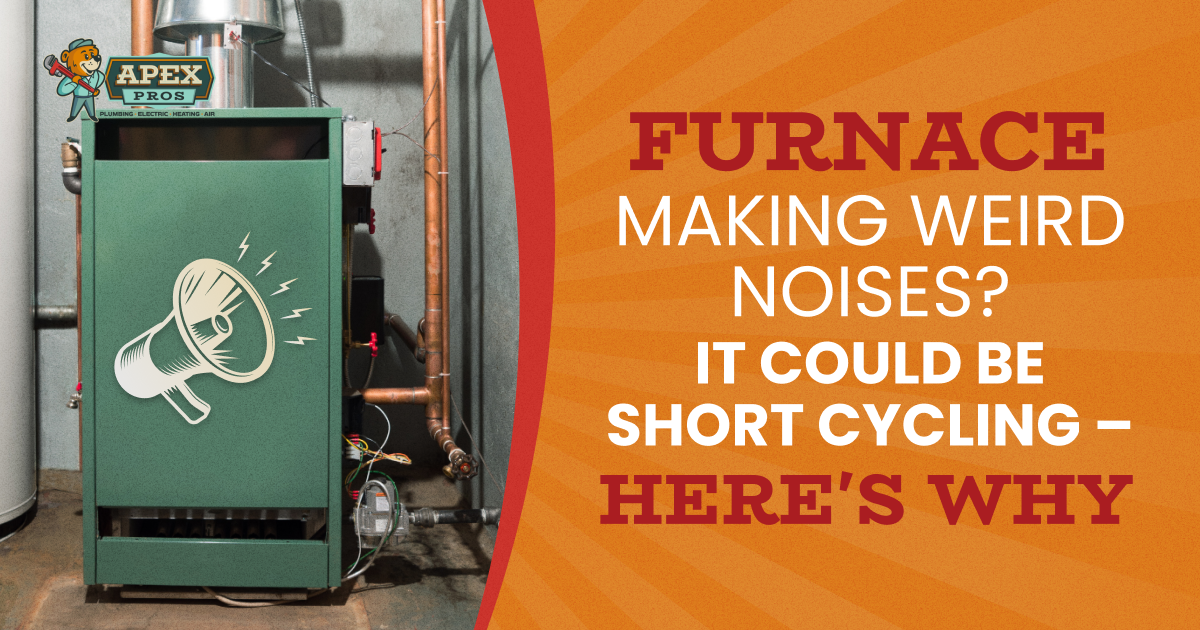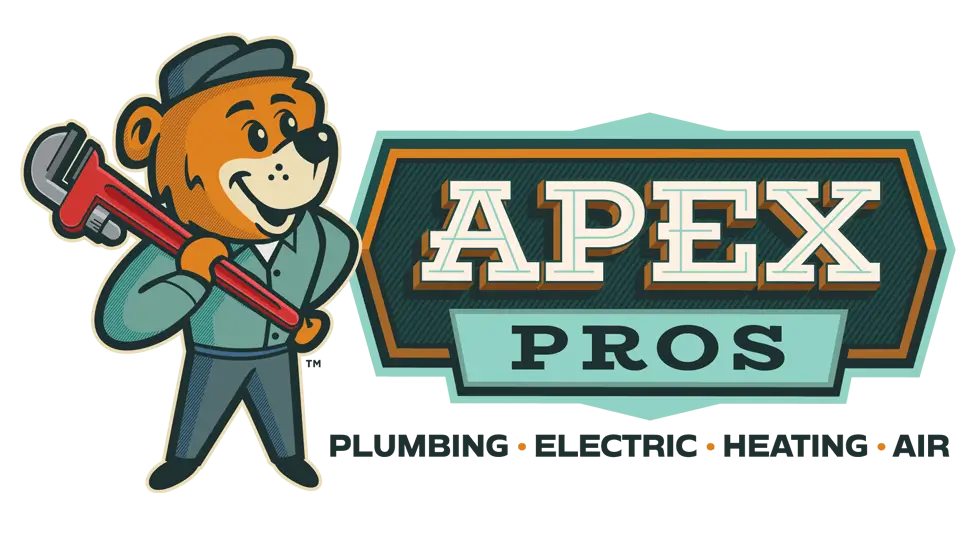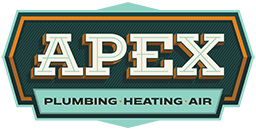
The Buckeyes are playing, dinner is in the oven, and you’re sitting in a cold room. You can hear your furnace turn on, but it’s off again a minute later. Are you wondering what’s going on? Your furnace is short-cycling.
A furnace short-cycling turns on and off frequently or turns off before it heats your home to the set temperature. It signals something is faulty in the system. Read on to learn more about short cycling and possible DIY solutions.
What Is Furnace Short Cycling?
Our furnace pros get this question often. A short-cycling furnace gets signals to turn off before the heating cycle is complete. It’s a safety mechanism for all furnaces to keep the system from causing damage to itself or the home. A furnace that is on-off cycling has shorter heating and resting cycles.
Typically, a furnace will run for 10 to 15 minutes, then turn off once it’s reached the set temperature. It won’t turn back on again until the temperature drops below the set threshold, the lower set temperature that triggers the furnace to turn on again.
Signs of Furnace Short Cycling
There are two clear signs your furnace is short-cycling:
- Your furnace turns off before achieving the set temperature
- Your furnace turns on and off within seconds or after one or two minutes
These may seem like the same thing, but the slight difference can help troubleshoot the source of the problem. When your furnace is cycling too frequently, turning on and off repeatedly, it’s likely trying not to overheat. Alternatively, when it runs but turns off before achieving the desired temperature, suspect a faulty thermostat. Read on to learn how a furnace works and what’s causing your short-cycling furnace issues.
Common Causes of Furnace Short Cycling
There are several common causes of a rapid cycling furnace:
Faulty thermostat
As discussed above, a faulty thermostat can cause a furnace to short cycle. It could be that it isn’t accurately reading the home’s temperature and is sending the wrong start/stop signals to the furnace. In some cases, poor settings cause frequent cycling. If your preferred temperature is 72 degrees and your lower threshold is set to 70 degrees, your furnace will turn on more frequently. It could also be a battery issue or time to replace your thermostat.
Dirty air filter
A dirty air filter decreases the air intake, causing the heat exchanger to overheat and the furnace to shut down before the heating cycle is complete. Before it gets to this point, you’ll see other signs like an increased heating bill as the furnace overworks to compensate for the lack of airflow.
Faulty igniter
A faulty igniter or pilot light can cause your furnace to short cycle. When the system detects an absent flame, the furnace shuts down to prevent gas accumulation.
Faulty flame sensor or thermocouple
A flame sensor (electric furnace) or thermocouple (gas furnace) do essentially the same thing, but differently depending on the type of furnace. The thermocouple detects the pilot light is working and controls the gas flow. The flame sensor detects lit burners. When either is faulty, they shut down the furnace to prevent gas accumulation.
Poor insulation
A drafty house with poor insulation, air leaks, or open windows can cause a furnace to short cycle. In this case, the resting cycle is short, and the heating cycle is normal.
Clogged flue
The flue guides hazardous gasses from the furnace to the outside to prevent them from building up inside the house. Bird nests, dead vermin, and leaf and debris build-up cause clogged flues.
Damaged electrical components
Damaged electrical components can cause your furnace to short cycle or short circuit. Rodents chew on wires to sharpen their teeth, poor installation can cause the wires to degrade prematurely, and faulty wires can overheat and melt their insulation. Whatever the cause, damaged or faulty electrical components are a serious concern.
Poorly sized system
Your furnace will frequently cycle if it’s too big for your home. The powerful furnace forces air out so quickly that it raises the temperature in the immediate vicinity and shuts off. The furnace isn’t on long enough to heat the rest of the home, and the temperature quickly drops again. This rapid cooling causes the furnace to kick back on, and the cycle continues.
An HVAC professional can help you choose the right furnace size when it comes time for a replacement so you can rest easy knowing that you have the right system.
Effects of Furnace Short Cycling
Furnace cycling problems are harmful to your furnace. The constant on and off puts undue strain on your furnace while it tries, and fails, to keep up with heating demands. Over time, it will experience frequent repairs and a shortened service life.
But, a short-cycling furnace is always the symptom of an underlying issue. The cause of short cycling is most certainly harmful to the furnace.
Each cause has its effect on the furnace system. An oversized system, a faulty thermostat, and a drafty home exacerbate the strain on your overworking furnace. Furnace issues are also hazardous — faulty electrical components, pilot lights, thermocouples, flame sensors, and clogged flues can all cause house fires.
Solutions for Furnace Short Cycling
A short-cycling furnace isn’t all doom and gloom. Some of the causes have a quick and easy fix.
Your air filter may seem like a trivial component, but it has a big impact on the efficiency of your furnace and your indoor air quality. Change your air filter every three months to keep your furnace operating at its best.
If you suspect the thermostat is the troublemaker, try changing out the batteries or lowering the threshold temperature.
If you’re unsure what the issue is, call the pros at Apex Plumbing, Heating, and Air Pros. Our HVAC technicians can diagnose the issue, and get it repaired quickly.
Apex Plumbing, Healing, and Air Pros Know Heating Systems
Contact us when you need heating solutions in the greater Columbus area. We offer a 5-star satisfaction guarantee, we work after hours, and we have a live person standing by 24/7 to take your calls.





